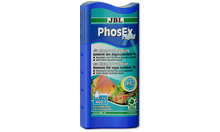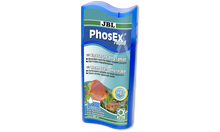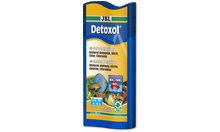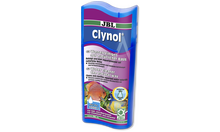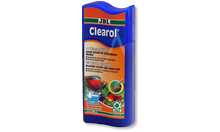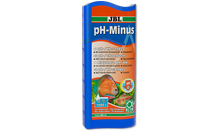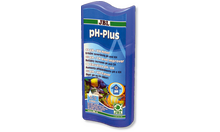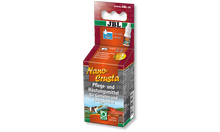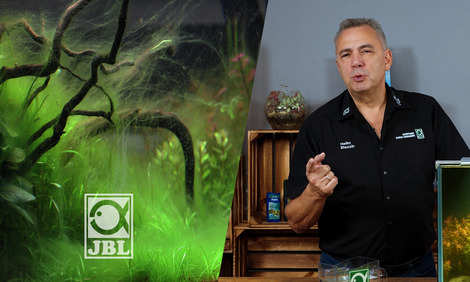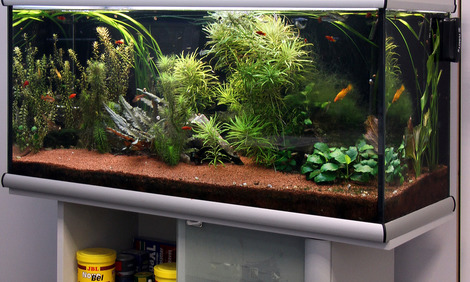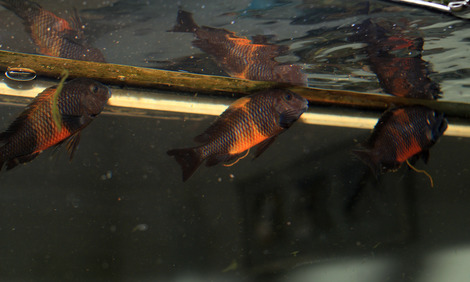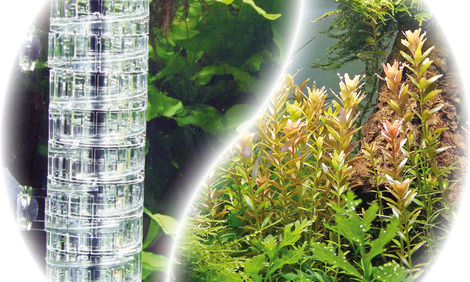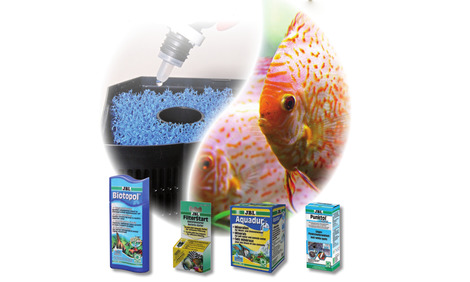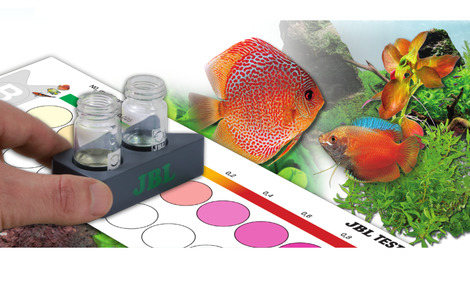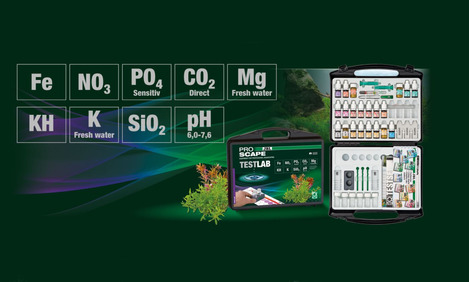Filter materials serve multiple purposes: they either filter suspended matter out of the water (mechanical filtering), provide settlement space for bacteria that break down pollutants (biological filtering), or remove harmful substances from the water (chemical/absorptive filter materials). Of course, mechanical filter media eventually become biological filter materials.
The filter material should always be fitted from coarse to fine inside the filter, as fine filter material clogs too quickly at the beginning. A coarse filter sponge or filter ceramic (JBL Cermec) is ideal for the first filter stage. For biological filtering, JBL Sintomec and JBL Micromec provide the largest possible surface area for pollutant-degrading bacteria.
Activated carbon (JBL Carbomec active and Carbomec ultra) filters out discolouration and medication residues. JBL NitratEx and JBL BioNitrat Ex filter out algae promoting nitrates. JBL PhosEx Ultra helps against algae-promoting phosphate. Silicat Ex helps against silicic acid which promotes diatoms.
Nitrates (NO3) and phosphates (PO4) serve as a nutritional basis for unwanted algae. First measure the phosphate content with the JBL PROAQUATEST PO4 and use the dedicated filter material JBL PhosEx Ultra in case of increased phosphate values (from approx. 0.3 mg/l in freshwater aquariums). With the help of the phosphate test you can check when the filter material is exhausted and needs to be replaced.
Phosphates come from dying algae, from too much and unsuitable fish food and from dying plants. The test also gives you the opportunity to reduce the amount of phosphate in the water.
JBL PhosEx rapid
Phosphate remover for freshwater aquariums
- For pond water to suit both fish and plants: reliably binds phosphate and thus prevents unwanted algae growth. For freshwater aquariums and turtle and shrimp tanks
- Immediate action: liquid iron preparation to reduce high phosphate values
- Removes phosphate. Prevents algae growth. Clears cloudy aquarium water
- How it works: a liquid iron compound reliably and permanently binds the phosphate dissolved in the water. Its effectiveness is shown by a brownish clouding, which disappears after 2-24 h
- Contents: 1 PhosEx rapid. To use: 10 ml/40 l water for >2.4 mg/l phosphate. Example: 60 l aquarium: 15 ml. For > 1.2 mg/l 10 ml/80 l and for > 0.6 ml/l 10 ml/160 l






